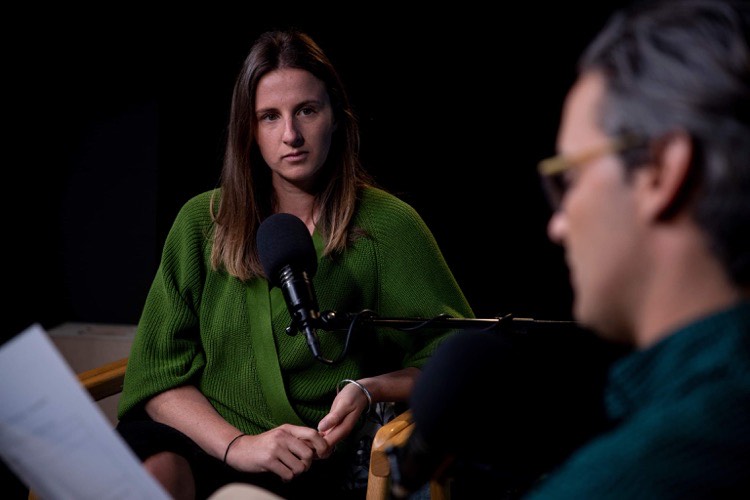Does your passion for writing outweigh your skill? KATE TAYLOR explores what to do if you suspect your friends aren’t telling you the truth about your writing.
Christmas 2023. My one job? Make the pavlova. I was feeling confident. Beat eggs, sugar, throw it in the oven. Not that hard. I’ve got this … right?
One look at my mother-in-law’s face when I proudly produced my pavlova left no room for misinterpretation. I had definitely not ‘got this’.
At some stage, most of us have experienced one of these awkward moments. After much time, effort and industry, you present your masterpiece to family and friends, anticipating admiration.
Instead, you watch in silence as they quickly try to hide their confused frowns and startled expressions while reading said masterpiece. No one looks you in the eye. The silence is ominous. Then, suddenly, your nearest and dearest spew forth remarks about effort, attempt and everyone starting somewhere.
You realise that your marvellous creation is actually a monumental mess.
But making yourself vulnerable in front of people you know is one thing. Risking your dignity in front of strangers you want to like your work and pay you money is another.
Does your writing suck?
So how do you know if your writing is actually awful? And if it is, what should you do about it?
A quick Google search for ‘how to tell if my writing is good?’ produces a plethora of articles on the golden rules of good writing. Some of them are genuinely insightful. Check out The Publication Coach for solid advice.
However, Google ‘does my writing suck?’ and experience a 180-degree flip. Tips to improve poor writing. Quotes that are meant to be inspiring, like Truman Capote’s remark, ‘I believe more in the scissors than I do in the pencil.’ YouTube clips promising that if you subscribe for just one month, your writing skills can be transformed – only a small fee required. But no one is giving an honest answer.
READ MORE:
Best Writing Advice: Do the Work
5 Ways to Deal with Writer’s Block
To All the Words I’ve Yet to Write
Are you cut out for a freelance writing career?
Let’s be clear: writing to express yourself is meaningful and worthwhile. Nobody, no matter how well-intentioned, should stop you from writing if it’s what you love. But we’re talking about a life-altering, income-sacrificing career move here. If you’re dreaming of quitting your day job to live the capricious life of a freelance writer, you need some reassurance. You need to know that:
- You can actually write well.
- You can actually write well enough to get published.
- You can actually write well enough to get published repeatedly so you can make a living.
So can you? I suggest you consider the following:
Your writing is awful if …
- Your readers ask more questions about your meaning than you have words on the page. Poorly structured arguments, atrocious grammar and spelling, illogical sentences and inconsistent tone can create so much confusion that even you, the writer, might not know what point you were trying to make.
- Your readers yawn more frequently than they turn the pages. Boring characters, repetitive storylines, clichés, jargon and stereotypes are sleep-inducing to even the most attentive of readers.
- At the sight of you wielding your latest manuscript, even your closest family and friends back away. Claims of busyness and being unavailable for prolonged periods echo as they hastily make for the nearest exit.
If you answered ‘yes’ to any of these, what should you do? My advice? The same thing my mother-in-law told me when she tasted my Christmas pav: ‘Best to keep your day job, Love.’
About the Author

Kate Taylor grew up in small town Tasmania where she developed an avid love for reading and writing as a child. Kate published poems and short stories before moving spontaneously to New Zealand in 2007. A husband, two school-aged children, a lifestyle block in the throes of renovation and managing the local school office keep her busy when she isn’t writing.













